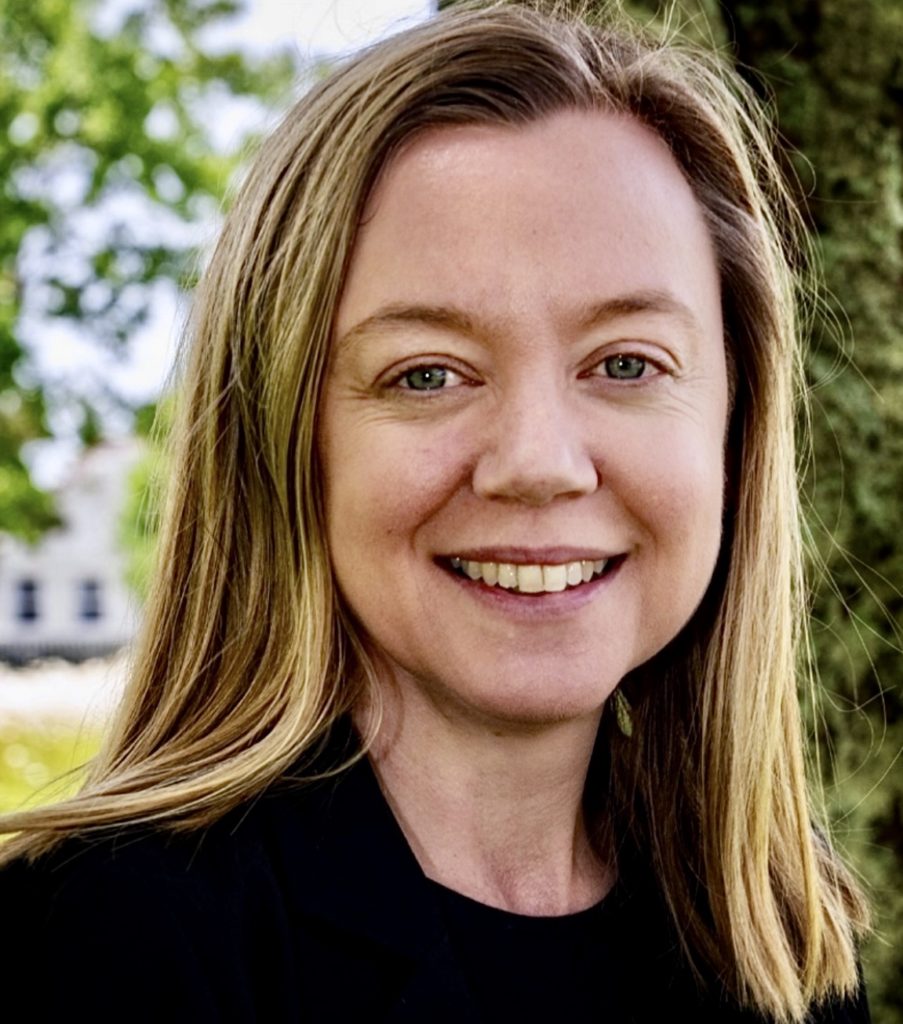ASBHM 2024
Annual Scientific Conference
In Person at the Terrace Hotel
ADELAIDE, South Australia
Wednesday 7th February – Friday 9th February 2024





KEY DATES
Abstract Submissions: Closed 15th September 2023
Scientific program released: Thursday 30th November 2023
Registration: Closed 20th January 2024
SCIENTIFIC PROGRAM
Please view the ASBHM 2024 Scientific Program by selecting from the options below:
About the ASBHM 2024 Conference
The aim of The Australasian Society for Behavioural Health and Medicine 2024 conference is to expand understanding of health psychology and behavioural medicine through innovative and translational research. Our high-quality annual meetings attract a diverse range of audience members and speakers from around Australia, New Zealand, and internationally. Speakers address delegates with topics and vision related to their unique expertise and experience in the behavioural medicine field.
ASBHM 2024 will be an in-person conference. In-person attendance, presentations and networking events will all take place at the Terrace Hotel in Adelaide, the capital of South Australia. Take a look at the About the Venue page for details on the venue and the About Adelaide page for more information on things to do in Adelaide. We are offering an ‘online attendance’ option which will allow attendees to access recordings of each session at ASBHM 2024. However, no live online attendance or presenting is available.
Check out our three world-renowned Keynote speakers below.
Keynote Speakers

Professor Molly Byrne
University of Galway, Ireland
Keynote title: ‘It ain’t (just) what you do, it’s the way that you do it’: Identifying priorities and setting the agenda for improved methods in behaviour change research

Keynote Abstract: In this keynote presentation, Molly will tackle the question: How can we improve our methods in behavioural science to make our work more impactful? She will present the findings of an international, Delphi consensus study, which she led within the International Behavioural Trials Network, to identify priorities for methodological research in behavioural trials. She will discuss identified priorities, including (1) better methods for intervention development, testing and reporting, (2) integrated knowledge translation approaches to enhance implementation of research into policy and practice and (3) novel trial designs to advance our science. Throughout her talk, she will draw on examples from her own research projects, demonstrating her efforts to improve the quality and impact of her work.
Bio: Molly is a Professor of Health Psychology at the School of Psychology in the University of Galway, Ireland, where she directs the Health Behaviour Change Research Group (HBCRG). This Group is a national hub and internationally-recognised centre of excellence in the application of behavioural science to health behavioural intervention development, evaluation and implementation. Molly’s research aims to improve population health by working with key stakeholders to develop and promote an evidence-based behavioural science approach to health behaviour change interventions. She is particularly interested in chronic disease prevention and management, and directs the Collaborative Doctoral Programme in Chronic Disease Prevention (CDP-CDP), as well as the Masters Programme in Health Psychology. Molly has published over 150 peer-reviewed papers and her research has been widely cited.

Associate Professor Amanda Rebar
Central Queensland University, Australia
Keynote title: Uncovering The Power of Habit For Improving Health Behaviours
Keynote Abstract: Habits have been positioned as a means to enhance the long-term effectiveness of health behaviour interventions. To better inform habit-based interventions, we need a comprehensive understanding of the person, behaviour, and context factors that influence how habits form and to what degree habits influence our behaviour. Within this talk, I will discuss findings from a series of studies investigating habit formation and the influence of habit on behaviour across a variety of outcomes including exercise, virus transmission behaviours, and decision making on the job. Data will be presented from micro (ecological momentary assessments within days) and more macro timescales (across months). Implications will be discussed for what gaps remain in our understanding of habit as well as the potential value of integrating the power of habit into health behaviour interventions.
Bio: Associate Professor Amanda Rebar is the Lead of Social Insights Research at CQUniversity. Additionally, she is the director of the award-winning Motivation of Health Behaviours Lab and on the leadership team of CQ University’s Appleton Institute of Research. Amanda is an Associate Professor of Psychology and statistical consultant for the School of Graduate Research and Statistical Deputy Editor for a leading journal, Stress and Health. She received her PhD (2013) and Masters (2010) from Pennsylvania State University (USA) with advanced training in biostatistics (quantitative analyses). Additionally, Amanda received a Bachelors of Science in Psychology (minor in Statistics) from Indiana University (2008). Amanda’s specific area of expertise is on dual process models of attitude, habit formation, and behaviour change. Her main area of research has been focused on health behaviour change, funded through a research fellowship from the National Health and Medical Research Council.

Professor Deborah Turnbull
University of Adelaide, Australia
Keynote title: Taking Action to Improve Men’s Engagement with Mental Health Service: Myths, Theory and Evidence
Presentation Abstract: Despite greater awareness, public discourse and investment in services to treat anxiety and depression, tragic rates of substance abuse and suicide by Australian men persist: pointing to the failure of the health system to diagnose and treat many men. Efforts to improve men’s mental health are critically hampered by outdated and empirically unsubstantiated models of male help-seeking that focus on the need to ‘fix’ or ‘blame’ men. Men do care about their health and attend the doctor regularly, however, as highlighted in the National Men’s Health Strategy 2020-30, ‘critical questions are not being asked and important conversations are not being initiated by health professionals when men are in contact with the health system’. In this presentation I overview a program of research from The Freemasons Centre for Male Health and Well-being that aims to comprehensively reconceptualise and respond to the sub-optimal interface between men and primary care mental health services.
Bio: Professor Deborah Turnbull holds the Chair in Psychology at the University of Adelaide. She has a Masters in Clinical Psychology from the University of Newcastle (NSW) and a PhD from the University of Sydney (NSW). She is an active researcher and teacher, and combines these roles with administrative service. She serves on the management committee of the Freemasons Centre for Male Health and Well-being and is the Co-Chair of the South Australian arm of The Australian Health Research Alliance National Women’s Health Research, Translation and Impact Network.
Thanks to our Sponsor
Bellberry Limited is a national, private not-for-profit organisation providing streamlined scientific and ethical review of human research projects across Australia.
Bellberry was formed in 2004 following the recognition of a need for a Human Research Ethics Committee (HREC) to service the valuable human and health research being conducted within the private sector. Bellberry not only reviews clinical drug trials but also provides review for social science and observational studies.
Bellberry Limited started with one Human Research Ethics Committee offering a monthly meeting to researchers in South Australia. The concept of the private, unaffiliated, non-institutional based HREC grew and today Bellberry HRECs are able to provide the same high-quality, independent ethics reviews with 12 committees running up to 3 meetings each week.
Any surplus funds generated by the activities of the Committees are donated back into the Australian medical research community.
For more details, take a look at the Bellberry web page.

